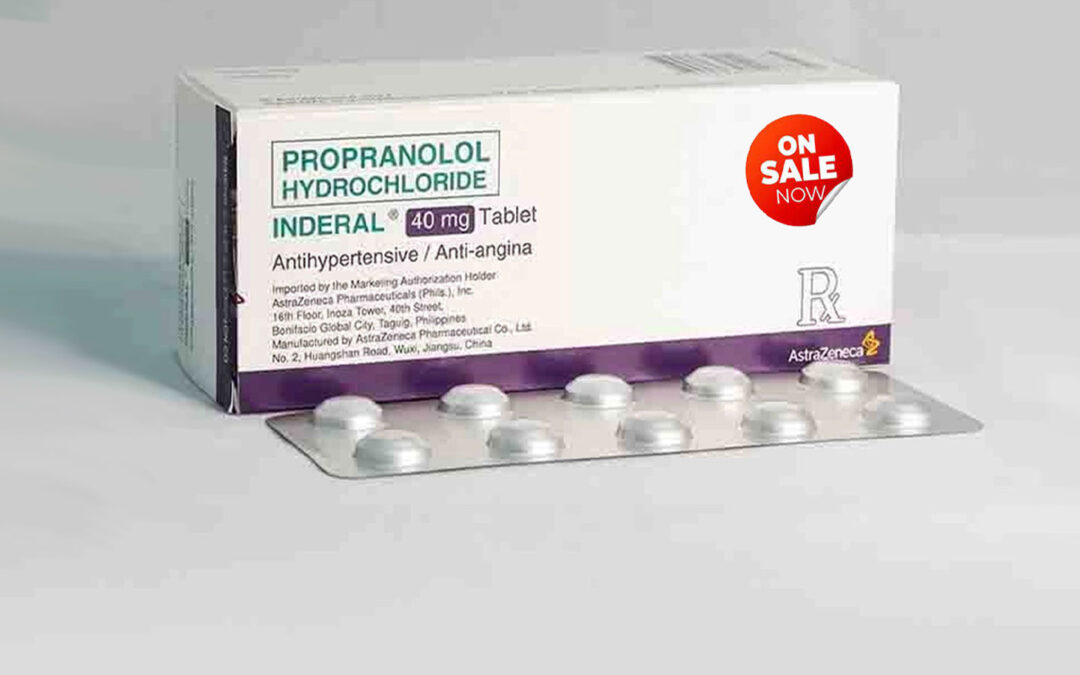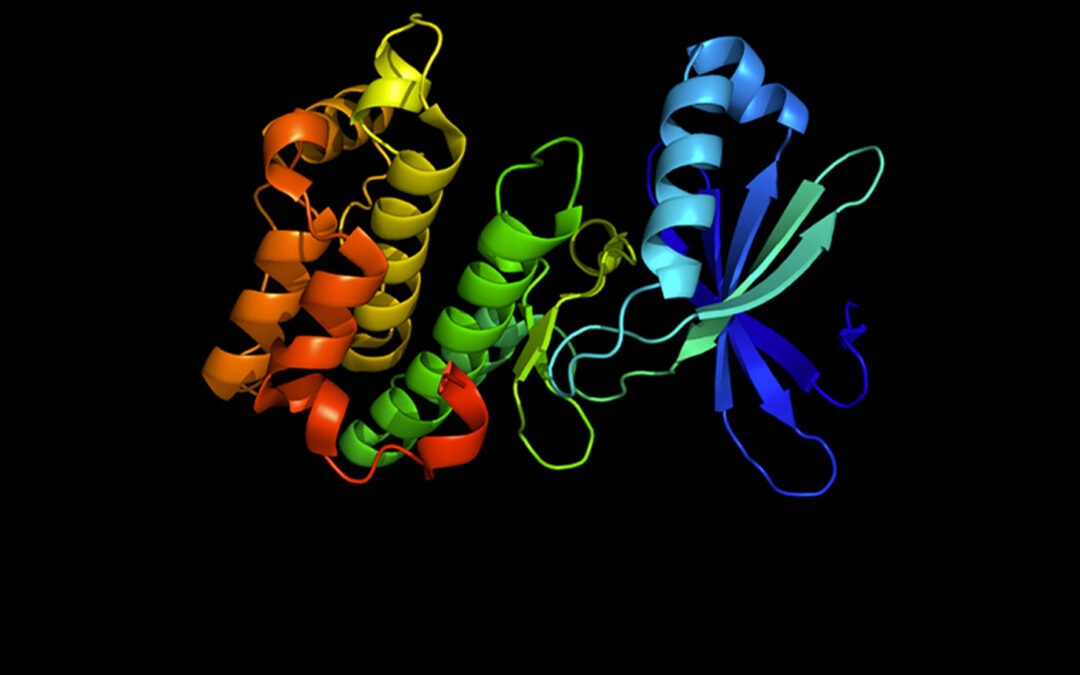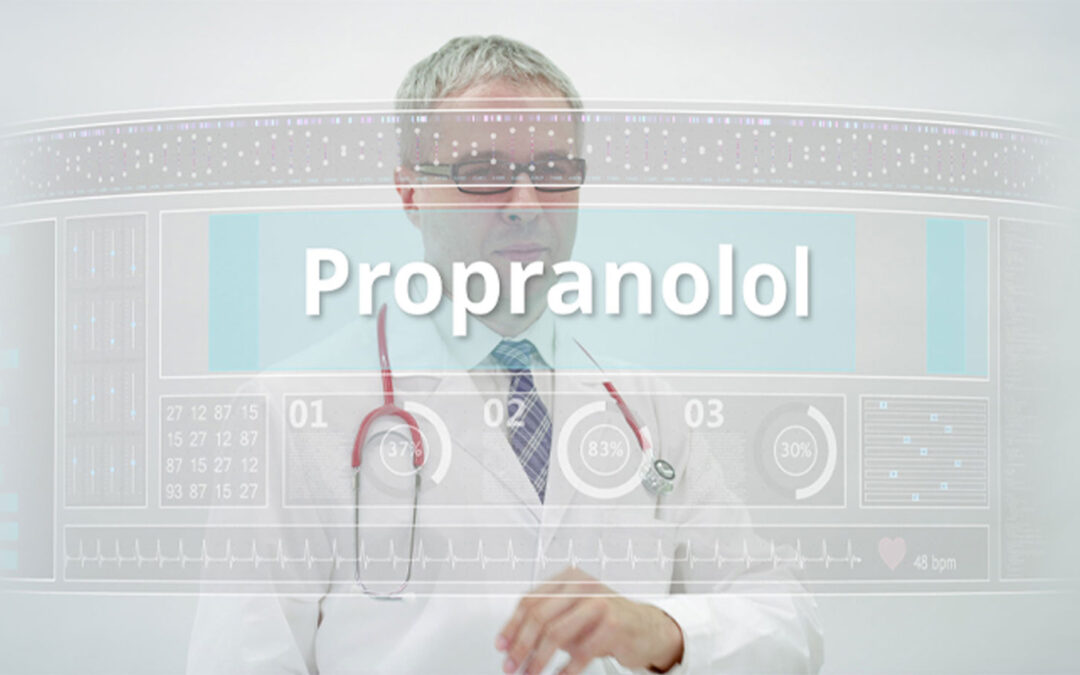As a society, we often rely on our first responders, soldiers, and police officers to be quick on their feet and make decisions under pressure. Their ability to categorize situations and respond accordingly can make all the difference in saving lives and preventing harm. However, this constant demand for fast thinking and categorizing can take a toll on their mental health, leading to post-traumatic stress disorder (PTSD). Fortunately, recent studies have shown promising results for a new type of therapy called Reconsolidation Therapy with Propranolol that can eliminate PTSD with a high degree of effectiveness.
The link between quick thinking and PTSD in first responders and military personnel may seem surprising at first. After all, being able to make quick decisions and categorize situations is precisely what we expect from these professions. However, the constant demand for these skills can create an immense amount of stress and pressure that builds up over time. Responders are frequently exposed to traumatic events, which can lead to anxiety, depression, and other psychological issues. PTSD can develop from the inability to process and recover from these traumatic experiences, and quick thinking and categorizing can compound these difficulties.
As a society, we often rely on our first responders, soldiers, and police officers to be quick on their feet and make decisions under pressure. Their ability to categorize situations and respond accordingly can make all the difference in saving lives and preventing harm. However, this constant demand for fast thinking and categorizing can take a toll on their mental health, leading to post-traumatic stress disorder (PTSD). Fortunately, recent studies have shown promising results for a new type of therapy called Reconsolidation Therapy with Propranolol that can eliminate PTSD with a high degree of effectiveness.
The link between quick thinking and PTSD in first responders and military personnel may seem surprising at first. After all, being able to make quick decisions and categorize situations is precisely what we expect from these professions. However, the constant demand for these skills can create an immense amount of stress and pressure that builds up over time. Responders are frequently exposed to traumatic events, which can lead to anxiety, depression, and other psychological issues. PTSD can develop from the inability to process and recover from these traumatic experiences, and quick thinking and categorizing can compound these difficulties.





0 Comments